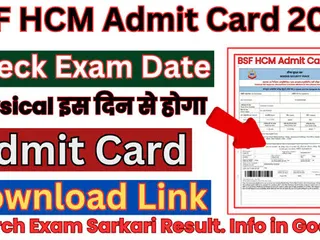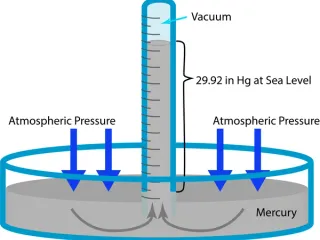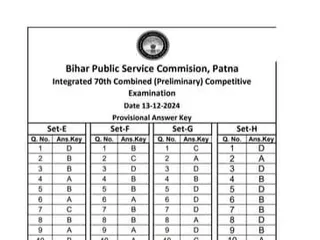The conclusion is a crucial part of any written work, whether it's a research paper, essay, report, or even a business proposal. It's your final opportunity to leave a lasting impression on the reader and effectively communicate the significance of your work.
Key Elements of a Strong Conclusion:
- Restate the Thesis (in new words): Briefly remind the reader of your central argument, but avoid simply repeating your introduction verbatim. Refine your thesis statement in light of the evidence you've presented.
- Summarize Key Findings: Highlight the most important results, findings, or arguments you've made throughout your work. Focus on the significance of these findings.
- Offer Implications and Further Research: Discuss the broader implications of your work. What are the consequences of your findings? What questions remain unanswered, and what avenues for future research could be explored?
- Provide a Sense of Closure: Leave the reader with a feeling of completion and understanding. Your conclusion should be concise and leave a lasting impression.
Examples of Effective Conclusions:
Academic Paper: "In conclusion, this study demonstrates a clear correlation between [variable A] and [variable B], supporting the hypothesis that [hypothesis]. Future research should explore the mediating factors that may influence this relationship."
Business Report: "Based on our analysis, we recommend investing in [strategy X] due to its potential for high return and minimal risk. This strategy aligns with the company's overall objectives and will contribute significantly to [desired outcome]."
Avoiding Common Mistakes:
- Introducing new information
- Being overly repetitive
- Ending with a weak or underwhelming statement
- Not properly summarizing key findings
Writing a strong conclusion takes practice, but by focusing on these key elements and avoiding common mistakes, you can effectively summarize your work and leave a lasting impact on your audience.
For further guidance on academic writing, consider exploring resources like the Purdue OWL:
https://owl.purdue.edu/owl/































-(20)jpeg-1745030278713.jpeg.webp)















